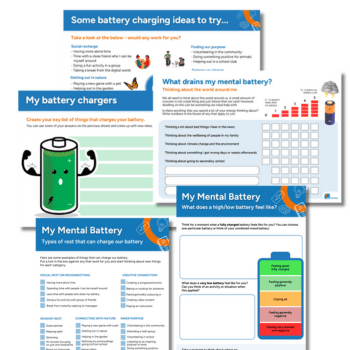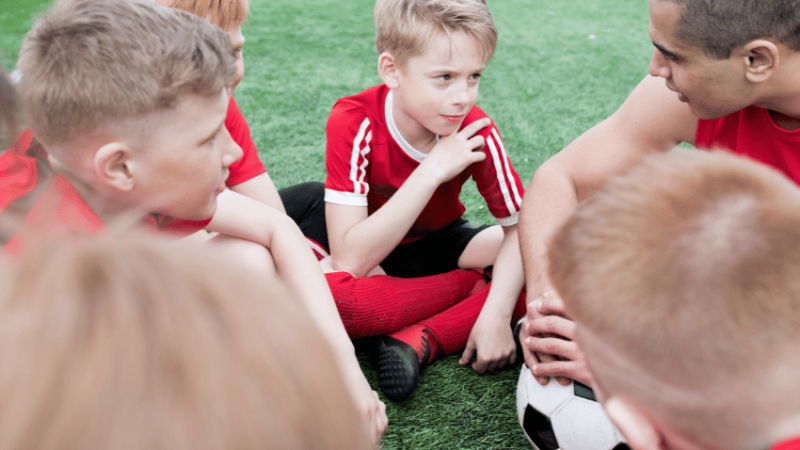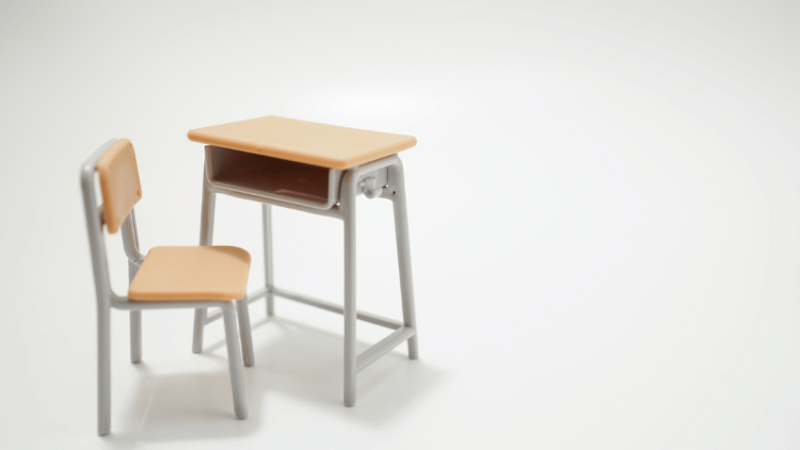What was your worst teaching moment?

…and more importantly, what did you learn from it? We asked readers to share their stories

- by Teach Secondary
- Magazine featuring expert advice, inspiring lesson plans and fresh insights

Marcus Jones
English Teacher, Huntington School
“As an NQT I was convinced I was going to be one of those ‘fun’ teachers whom the kids really like and buy lots of presents for at the end of term. To that end, I thought getting pupils to act out sections of the text they were studying in English was a surefire way to guarantee fun.
I had already had some wobbly lessons with a certain year 8 group (why is there always a ‘certain’ year 8 group?), so it was a bit of tactical error to try a drama based lesson during an official observation. A broken chair, and a dictionary thrown by one pupil at another ensured a comfortable failure for that lesson. The pupils hated the lesson too.
I realised that just trying to be ‘fun’ for the sake of it wasn’t helpful. More enjoyment was likely from well-constructed learning, where the pupils actually felt they were getting better.
Bells and whistles lessons can certainly make a lot of noise, but not bring much in the way of learning. This realisation certainly helped my classroom practice… but it didn’t help with my present haul at the end of term!”
Claire Howe
Head of psychology, Colchester Sixth Form College
“It was my first day in a new school, and I was due to deliver a PSHE lesson to Y11, which was taught in tutor groups. The class came in, promptly stood on the desks and sang, ‘Happy Birthday’ to one of their classmates.
I was mortified – and kept them all in for 15 minutes after school. It made me their most-hated teacher.
I think I learned from the experience how important a sense of humour is – there are times when laughter can diffuse a situation. I am sure if I had stood on the table and joined in with the class as they sang, our subsequent relationship would have been much healthier.
I think I absolutely would do that now (although knowing me I would fall off and break a hip).”
Julie Watson
Psychology teacher, Huntington School
“My worst teaching moment was early on in my teaching career. My lessons were always entirely reliant on a PowerPoint presentation (likely a result of a lack of confidence in my knowledge). However one lesson I turned up and – you guessed it – the projector wasn’t working.
It forced me to hastily change my approach! I realised that I knew much more than I thought I did and that I didn’t need the PowerPoint. I also asked for far more contributions from students and they were a more active part of the lesson.
How it changed me was that I realised I need to vary my teaching technique more often. It also taught me that the way I feel most comfortable teaching my subject is not always the way that leads my students to learn most.”
Clemmie Stewart
Head of Surbiton High Girls’ Preparatory School
“I had the privilege of teaching in a school in special measures, which served a forces community. Many children came and went, and there was a fairly high proportion of children with SEND, EAL, eligible for free school meals and pupil premium.
I had one boy in my class who gave me many a challenging moment on a daily basis. I realised very early on that to get him ‘on side’ (ie not throwing things at me, swearing or storming out) I would need to change the way I worked to suit him and his complex needs.
This same boy often needed time out, and would take to sitting under my desk when I was delivering a lesson. I might not be able to see him, but I knew he was listening and engaging in a way that he would not be able to do if he was sat at a desk in front of everyone.
Imagine my horror on one such day when he needed space, just as our HMI happened to walk in for a lesson observation. Without a moment’s hesitation, the inspector sat on the floor next to the boy, letting him know that it was OK for him to be there.
That was a truly pivotal moment, when I realised that inspections were about real schools, with real children who have very real needs, and that there were inspectors out there willing and able to recognise that.
This has shaped the way that I support and challenge my own school and team, and other schools that I work with.”










